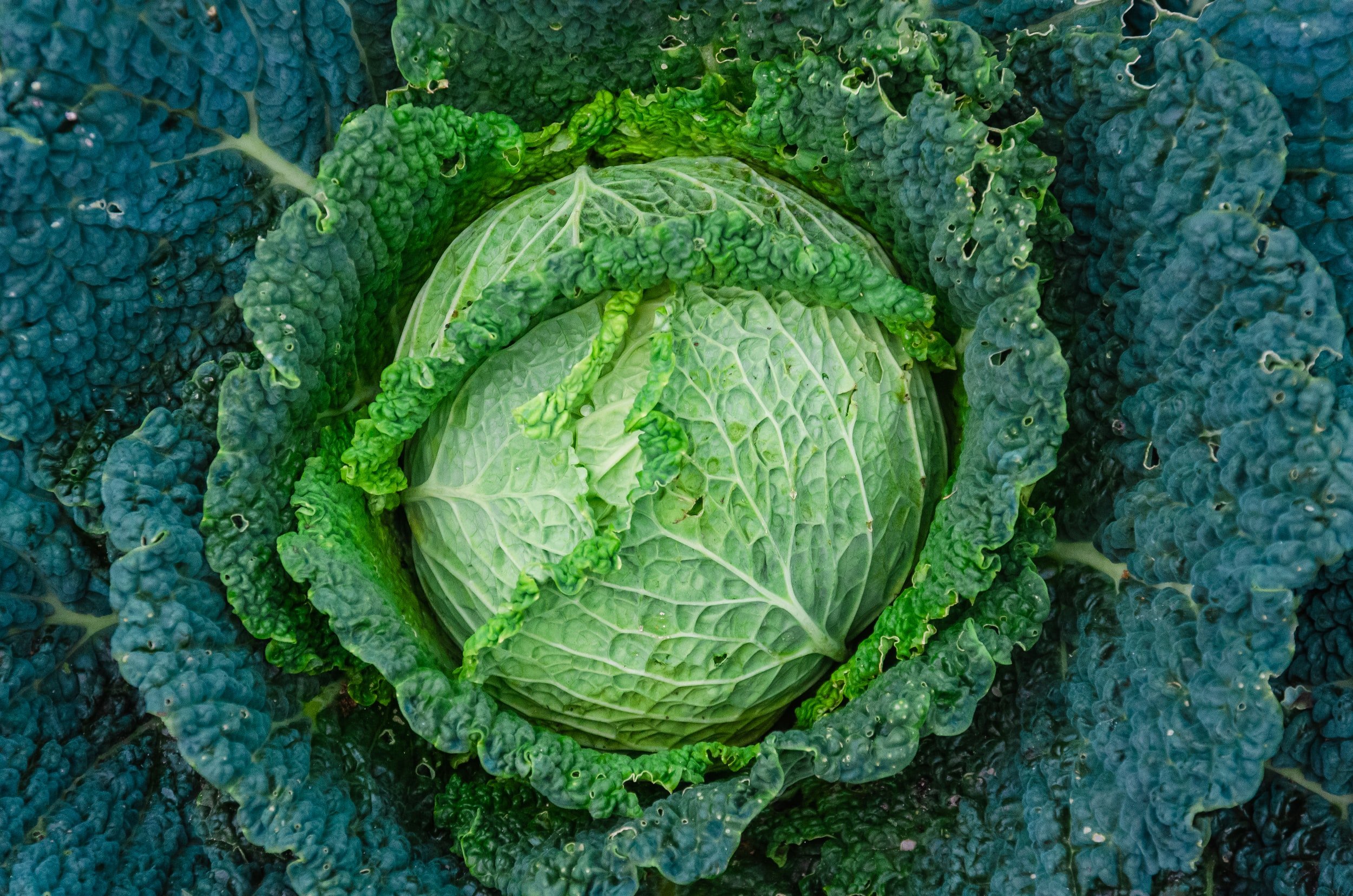Fatty Liver Disease: How diet and herbs can reduce fatty liver and improve your liver health.
It is normal for the liver to contain some fat, but if fat accounts for more than 10% of the liver’s weight, then liver function may be impaired and serious complications may develop (1). This is when you might wake up one morning and feel some abdominal pain or tenderness in the upper right area of your abdomen. It might even feel like back pain.
Common Symptoms of Fatty Liver
Other common signs and fatty liver symptoms include weakness, fatigue, weight gain especially in the abdominal area, constipation, fatty foods causing indigestion, difficulty losing weight and elevated cholesterol and triglycerides (2).
Blood tests may return with abnormal inflammatory markers and elevated liver enzymes. Finally a liver ultrasound may show liver abnormalities and fatty liver.
Fatty liver may develop into inflammation of the liver (steatohepatitis, non-alcoholic steatohepatisis (NASH) or Non-alcoholic fatty liver disease (NAFLD)), scarring and hardening of the liver, and eventually, liver cirrhosis and liver failure. Commonly NAFLD is associated with an increased amount of weight around the abdomen , glucose dysregulation, elevated cholesterol and inflammation (2).
What causes fatty liver?
Some of the most common causes of fatty liver disease are dietary excess and lack of physical exercise (4). In other words fat accumulates in the liver from the excess of foods we are eating and the drinks we are consuming, commonly alcohol and drinks containing fructose.
So what can you do if you have found out you have a fatty liver or NAFLD?
There is lots you can do to support the health of your liver to return to normal. The treatment of fatty liver focuses on protecting and supporting liver function, increasing antioxidants in the diet and through herbs, enhancing glucose/sugar metabolism, supporting weight loss and supporting energy production (many people experience loss of energy with NAFLD).
Herbs
Certain herbs prevent liver inflammation, provide antioxidant protection and support liver detoxification.
Milk thistle
This amazing herb offers antioxidant liver protection, assists normal detoxification and maintains healthy liver function. The active ingredients in milk thistle have been shown to reduce liver enzymes, may decrease insulin resistance and increase the production of antioxidants (3). To understand how much to take and to find a high quality milk thistle extract speak to a naturopath. They will be able to guide you so that you reach your goals.
Diet
A standard western diet is high in saturated fat and refined carbohydrates, which has been shown to significantly increase the risk for NAFLD (by roughly 60%). A diet high in plant based foods, (high in whole grains, fruits, vegetables, and legumes) has shown to reduce the risk significantly for fatty liver disease (4). I direct my clients towards a Mediterranean diet with low use of oils. Focus on vegetables and increasing fiber! Fiber helps bind to toxins that our liver is getting rid of and take them out of the body. Vegetables are also high in antioxidants which the liver needs a lot of. Plant based diets support weight loss too, can lower the levels of blood fats (e.g. triglycerides), and have higher levels of antioxidants compared to western omnivore diets (5). Aim to eat a whole food plant based 4-5 days a week and this will help in more ways than one to improve your liver health.
Finally, reduce alcohol consumption. It's essential to restrict alcohol intake to allow your liver to recover.
Exercise
Exercise is extremely beneficial for a fatty liver. Even the loss of a small amount of weight has been shown to reduce many features of fatty liver disease (6). So whether you like to walk your dog, swim or do resistance exercise all of these will be helpful. Aim to be exercising 4-5 times per week for 30 minutes high intensity, or 1 hour low intensity.
Fasting
Intermittent Fasting (IF) or Time Restricted Eating (TRE) has been shown to improve insulin resistance, reduce body fat, reduce inflammation and support optimal body weight (7). To begin you want to choose a 8-10 hour window that you eat in. Eating the majority of your calories earlier in the day is better than eating them later(e.g. 9am to 5pm). Aim to be consistent with the hours you choose to optimize your bodies digestion.
Lean out your Liver!
These are only some of the ways we can treat fatty liver naturally. Many people are able to lose weight, reduce inflammation and return their liver to a healthy state through diet, herbs and lifestyle change. It's important to have support with setting up a plan that is right for you which is where naturopathic care can be a great choice. Ultimately remember that you can improve your liver health naturally.
For help changing your diet and exercise habits, or to help you choose the herbs/supplements that will be the best fit for you, get in touch.
References
1. Antunes, C., Azadfard, M., Hoilat, G. J., & Gupta, M. (2021). Fatty Liver. In StatPearls. StatPearls Publishing.
2. Newton J. L. (2010). Systemic symptoms in non-alcoholic fatty liver disease. Digestive diseases (Basel, Switzerland), 28(1), 214–219. https://doi.org/10.1159/000282089
3. Hossain, N., Kanwar, P., & Mohanty, S. R. (2016). A Comprehensive Updated Review of Pharmaceutical and Nonpharmaceutical Treatment for NAFLD. Gastroenterology Research and Practice, 2016, 7109270. https://doi.org/10.1155/2016/7109270
4. Neuman, M. G., Nanau, R. M., & Cohen, L. B. (2015). Nonmedicinal interventions in nonalcoholic fatty liver disease. Canadian Journal of Gastroenterology & Hepatology, 29(5), 241-52.
5. Barnard, N. D., Scialli, A. R., Turner-McGrievy, G., Lanou, A. J., & Glass, J. (2005). The effects of a low-fat, plant-based dietary intervention on body weight, metabolism, and insulin sensitivity. The American Journal of Medicine, 118(9), 991-7.
6. Vilar-Gomez, E., Martinez-Perez, Y., Calzadilla-Bertot, L., Torres-Gonzalez, A., Gra-Oramas, B., Gonzalez-Fabian, L., Friedman, S. L., Diago, M., & Romero-Gomez, M. (2015). Weight Loss Through Lifestyle Modification Significantly Reduces Features of Nonalcoholic Steatohepatitis. Gastroenterology, 149(2), 367-e5; quiz e14-5. https://doi.org/10.1053/j.gastro.2015.04.005
7. Panda, S (2018). Circadian Code. Vermilion.





